Israel’s annual Mixiii-Biomed conference, the prestigious three-day life science and biomed event now in its 18th year, is kicking off in Tel Aviv this week with a focus on the “full spectrum of healthcare.” The conference, co-organized by leading Israeli and international healthcare institutions, highlights health industry trends as well as new developments in digital health, biotech, and med tech.
This year, the confab, which runs May 14-16, spotlights the shift of clinical care from cure to prevention, as well as the importance of rehabilitation to quality of life, gathering over 6,000 industry executives, scientists, doctors, engineers and investors, including some 1,000 international participants from over 45 countries.
SEE ALSO: Digital Health Leaders: Biomed Confab Brings Out The Best In Israel MedTech Innovation
The event will also feature an exhibition with 150 exhibitors and a Start-Up Pavilion showcasing 45 different local startups. The exhibition is sponsored by the Israel Innovation Authority, the support arm of the Israeli government in the national development of industrial R&D.
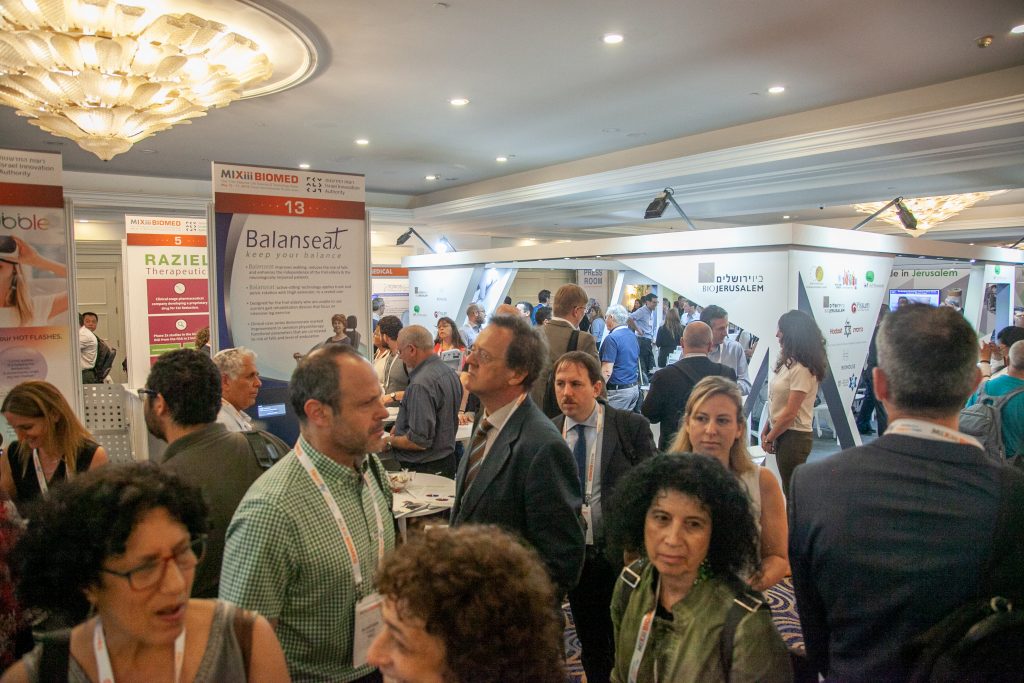
The three-day event is set to include sessions and panel presentations by some 150 local and international speakers on developments in areas such as gene editing, cell therapy, cancer therapies, personalized medicine, medical cannabis, and the use of advanced technologies in rehabilitation processes.
The rehabilitation track, officially called “Prevention and Rehabilitation: Should the Underdog Begin Barking?” will be chaired by Dr. Naomi Gefen, the deputy director general of Jerusalem’s ALYN Hospital, a world leader in pediatric rehabilitation for physical disabilities.
“As technology continues to advance at a rapid rate, we are seeing an impressive spike in rehab and assistive technologies in Israel and around the world,” the conference said in a statement. “This rehabilitation track at MIXiii-BIOMED will highlight the novel technologies being developed in this space.”
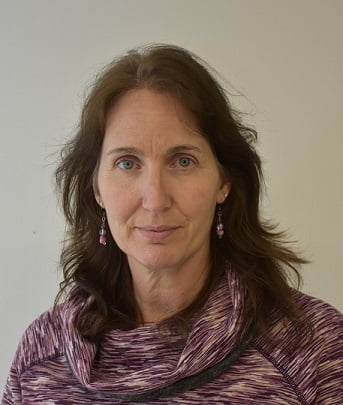
Gefen tells NoCamels that a lot of today’s advanced technology began with a concept of trying to “help people with disabilities function in society.”
“For example, programs for navigation assistance started with trying to help the blind. Morse code was initially for the army but then it was incorporated into areas where people needed to write and needed more accessibility,” she says. Her session will include discussions with entrepreneurs and speakers from rehab centers and medical institutions from Israel and across the world harnessing technology in a variety of medical specializations to assist in rehabilitation for all ages from pediatrics to geriatrics.
Among the entrepreneurs set to speak at the event are Daniel Barel, the founder and CEO of Softwheel, the revolutionary “wheel tech” startup that has developed a unique suspension technology that gives wheelchair users a more comfortable, secure ride. In July 2018, Softwheel signed a deal with the US Department of Veteran Affairs to provide wheels for the wheelchairs of 2,000 US army veterans over the course of three years. The company also
provides in-wheel technology for bikes and cars.
Sign up for our free weekly newsletter
Subscribe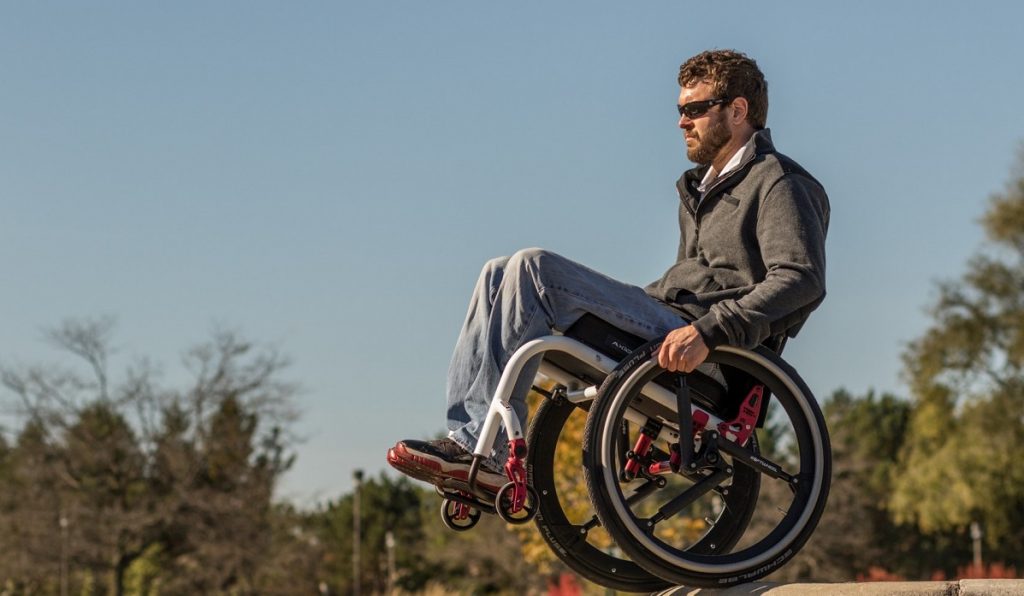
OrCam Technologies’ Rafi Fischer, the director of media communications, will also be featured in the track, with a short presentation on the company’s revolutionary vision-assistance device. OrCam developed the MyEye device, a portable, finger-sized product that can be discreetly clipped to eyeglasses or sunglasses. The AI-powered device incorporates pioneering computer vision and machine learning to read printed text from books, newspapers, product labels, and restaurant menus. The device is gesture-motivated so the user only has to point to the piece of text to activate the device or hold their hand out to stop the audio of the reading. It has been a game-changer for the visually impaired.

Yotam Bahat, CEO of Senserum, whose founders also developed Motek Entertainment, a startup specializing in 3D animation and performance capture, will speak in an afternoon session on how virtual reality and augmented reality applications are used in clinical environments. The firm’s VR devices, like the HTC Vive and the Oculus Rift, are used by therapists and doctors to help patients through therapeutic scenarios.
Gefen tells NoCamels ALYN recently opened the first and only Motek motion analysis lab in Israel specifically for children.
Also with ALYN, Senserum recently developed the Ninja program, an obstacle course for kids with physical disabilities, Gefen says. The course is built on tasks like walking on stepping on stones to work on balance, gait, multi-tasking, she explains.
The project is part of ALYN Hospital’s ALYNnovation, an innovation center for entrepreneurs and researchers to develop devices and technologies for children with special needs. The center first opened in 2017.
Samantha Rush Soclof, innovation associate at ALYNnovation tells NoCamels that “a big part of rehab is participation, bringing these kids back into society, into the community, through work and games. We’re making sure these children are not left behind.”
Gefen says ALYN has also worked with the entrepreneurs behind 6degrees, an Israeli startup that develops wearable technology for hands-free control of smart devices. The company was founded in 2017 by a team made up of three people, two of them disabled veterans. 6degrees is working with ALYN on how to adapt their devices for children, and says its mission “is to “change the quality of life of individuals suffering from upper limb deficiency resulting from stroke, paralysis, amputation, and carpal tunnel syndrome – to name a few.”
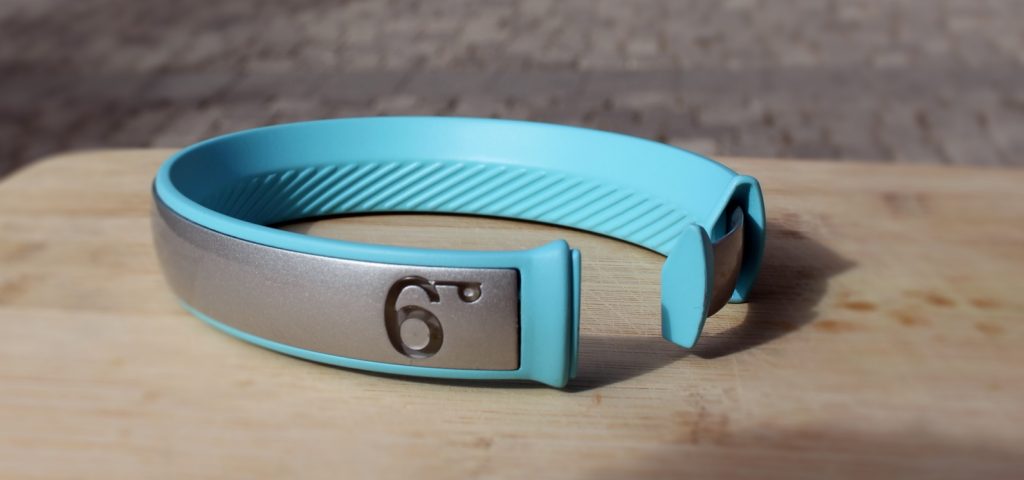
Ziv Shilon, one of 6degrees’ co-founders, lost his left hand and injured his right hand during Israel’s Operation Protective Edge in Gaza in 2014. Shilon is set to speak at the Biomed conference in a session titled “Be the Hero of Your Own Story.”
Related posts

Editors’ & Readers’ Choice: 10 Favorite NoCamels Articles

Forward Facing: What Does The Future Hold For Israeli High-Tech?

Impact Innovation: Israeli Startups That Could Shape Our Future


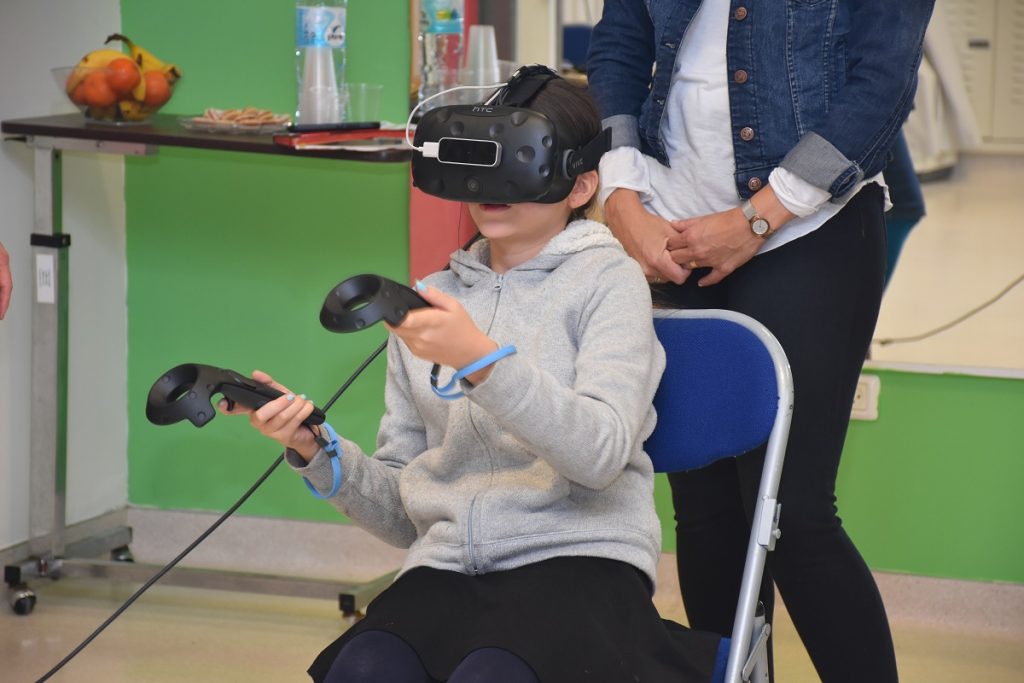

Facebook comments